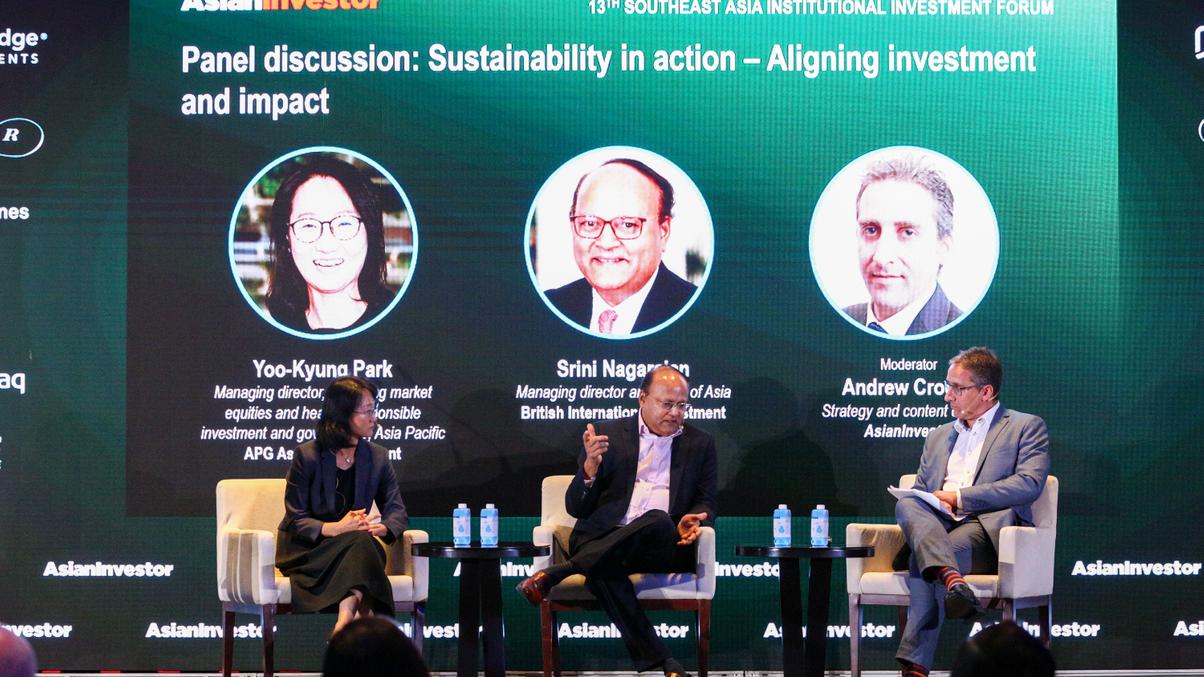APG, BII urge more proof-of-concept to tackle anti-ESG sentiment
The Dutch pension money manager and British International Investment call for stronger implementation of ESG standards to stamp out contrarian beliefs that inhibit the success of impact investing.

Some of Europe's financial institutions are making a case to further improve the implementation of environmental, social and governance (ESG) standards in order to eradicate growing anti-ESG sentiment, which in turn hinders the success of impact investing.
Sign in to read on!
Registered users get 2 free articles in 30 days.
Subscribers have full unlimited access to AsianInvestor
Not signed up? New users get 2 free articles per month, plus a 7-day unlimited free trial.
¬ Haymarket Media Limited. All rights reserved.


